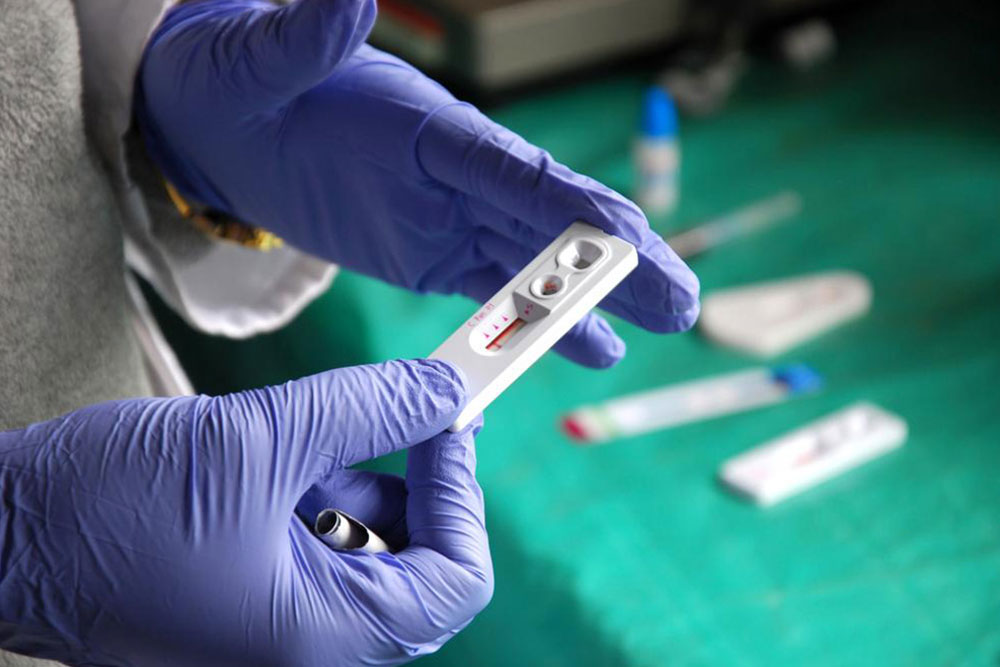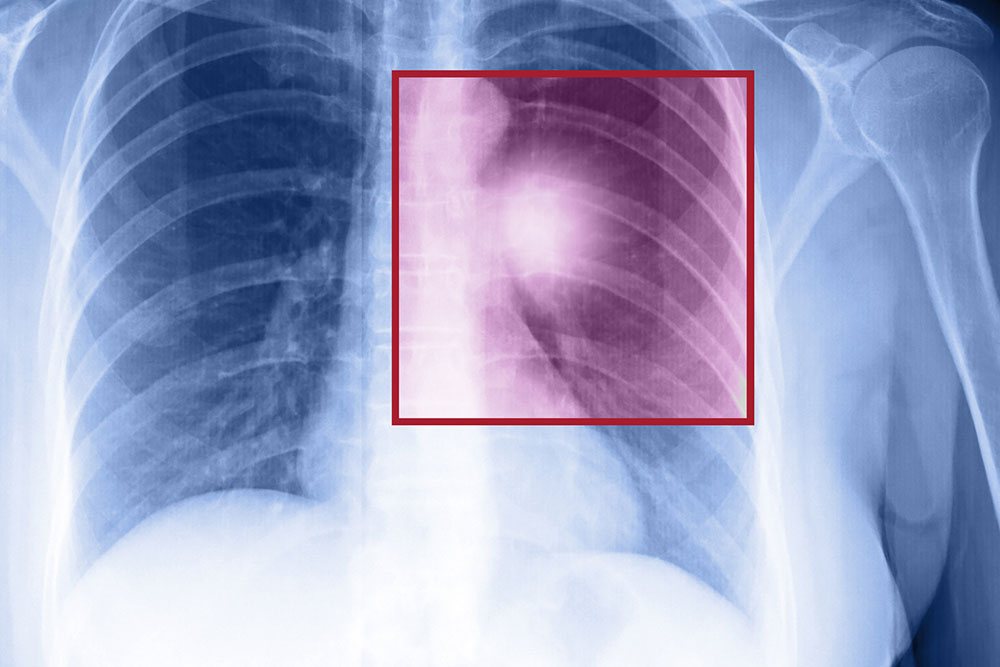Comprehensive Guide to the Types and Causes of Esophagitis
This comprehensive article explores the various types of esophagitis, their causes, symptoms, diagnostic methods, and treatments. Understanding these differences is key to effective management and preventing complications. Whether caused by infections, allergies, medications, or acid reflux, timely diagnosis and tailored treatment can help patients recover quickly and avoid long-term esophageal damage.

Comprehensive Insights into the Various Types of Esophagitis and Their Causes
Esophagitis is a medical condition characterized by inflammation of the esophagus—the muscular tube that transports food from the mouth to the stomach. This condition can cause a range of uncomfortable symptoms, significantly affecting an individual's quality of life. Understanding the different types of esophagitis, their underlying causes, and the available treatment options is crucial for effective management and recovery.
People suffering from esophagitis often experience symptoms such as difficulty swallowing (dysphagia), persistent heartburn, sore throat, chest pain, dry cough, mouth sores, headaches, muscle aches, and nausea. These symptoms can vary depending on the type and severity of the condition. Accurate diagnosis is essential to determine the specific cause, which directly influences the course of treatment. Diagnostic procedures typically include endoscopy to visualize the esophagus, barium swallow tests to assess structural issues, laboratory analyses to identify infections, and allergy testing when eosinophilic esophagitis is suspected.
In this comprehensive guide, we will explore the main types of esophagitis, including their causes, symptoms, diagnostic methods, and treatment options. Recognizing these distinctions is vital for patients and healthcare providers to develop effective management strategies and prevent long-term complications.
Types of Esophagitis
Infectious Esophagitis – This type results from infections by bacteria, fungi, or viruses. Although relatively rare in healthy individuals, infectious esophagitis is more prevalent among people with weakened immune systems, such as those with HIV/AIDS, undergoing cancer treatments, or suffering from diabetes. Pathogens like Candida species (fungi), herpes simplex virus (HSV), and cytomegalovirus (CMV) are common causative agents. Symptoms often include painful swallowing, white patches or plaques in the esophagus, and sometimes fever. Treatment involves targeted antimicrobial therapies, such as antifungals, antivirals, or antibiotics, depending on the infection.
Eosinophilic Esophagitis – This is an allergic-based form of esophagitis characterized by an accumulation of eosinophils, a type of white blood cell involved in allergic responses. This condition is often triggered by food allergies or environmental allergens like pollen. Patients may experience difficulty swallowing, food impaction, and inflammation indicating allergic reactions. Diagnosis involves endoscopic biopsy showing eosinophil infiltration in the esophageal tissue. Managing eosinophilic esophagitis typically includes dietary modifications to eliminate trigger foods, corticosteroids to reduce inflammation, and allergy testing to identify specific allergens.
Drug-Induced Esophagitis – Certain medications pose a risk of causing esophageal irritation or ulcers, especially if they are taken improperly or without adequate water intake. Pills like painkillers (especially NSAIDs), antibiotics, bisphosphonates (used for osteoporosis), and potassium salts are known offenders. Patients may experience chest pain, difficulty swallowing, and sore throat. Prevention involves taking medications with plenty of water, remaining upright after ingestion, and following prescribed dosages. If symptoms persist, healthcare providers may recommend temporary discontinuation or switching medications.
Reflux Esophagitis – The most common type, reflux esophagitis, occurs due to Gastroesophageal Reflux Disease (GERD). In GERD, the lower esophageal sphincter (LES) fails to close properly, allowing stomach acid to flow back into the esophagus. Chronic acid exposure leads to inflammation, irritation, and sometimes ulcers. Symptoms include persistent heartburn, chest discomfort, regurgitation, and sore throat. Lifestyle changes, dietary modifications, and medications such as proton pump inhibitors (PPIs) are effective treatments. In severe cases, surgical options like fundoplication may be considered to prevent acid reflux.
Diagnosis and Treatment Strategies
Proper diagnosis of esophagitis is essential for effective treatment. Endoscopy remains the gold standard, allowing direct visualization of the esophageal lining and tissue biopsy. Additional tests, such as barium swallow and pH monitoring, help evaluate structural issues and acid reflux severity. Laboratory tests can identify infectious agents or allergic markers. In some cases, allergy skin testing or blood tests for eosinophil levels are necessary for eosinophilic esophagitis.
Management of esophagitis varies based on the specific type and underlying cause. Common treatments include pharmacological interventions with proton pump inhibitors (PPIs) to reduce acid production, corticosteroids to control inflammation, and antibiotics or antifungals for infections. Dietary modifications play a crucial role, especially in eosinophilic and reflux esophagitis. Patients are advised to avoid trigger foods, eat smaller meals, and maintain an upright position after eating.
In cases where medication and lifestyle adjustments are insufficient, surgical interventions like fundoplication may be necessary to reinforce the lower esophageal sphincter, thereby reducing reflux. Regular follow-up with healthcare providers is vital to monitor healing and prevent complications such as esophageal strictures, ulcers, or Barrett's esophagus.
Long-Term Outlook and Prevention
Most people with esophagitis, when diagnosed correctly and treated promptly, recover within a few weeks to months. However, immunocompromised individuals may require extended therapy and close monitoring. If left untreated, chronic esophagitis can lead to serious complications, including scarring, narrowing of the esophagus (strictures), or pre-cancerous changes. Preventive measures include maintaining a healthy diet, avoiding known allergens, not smoking, limiting alcohol intake, and managing underlying conditions like GERD effectively.
Awareness about the causes and symptoms of esophagitis enhances early detection and treatment, reducing the risk of permanent esophageal damage. If you experience persistent symptoms such as frequent heartburn, difficulty swallowing, or chest pain, consult a healthcare provider promptly for proper evaluation and management.





